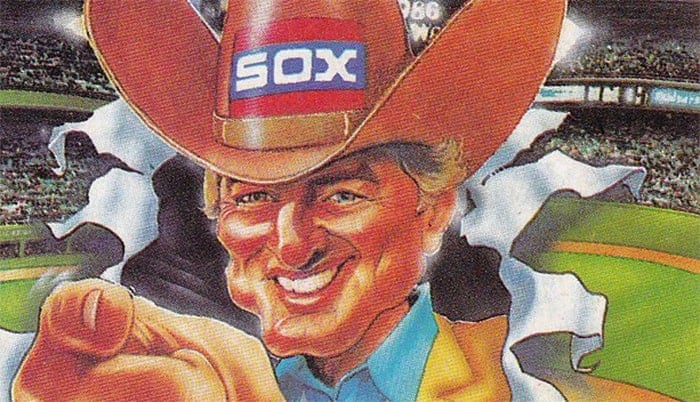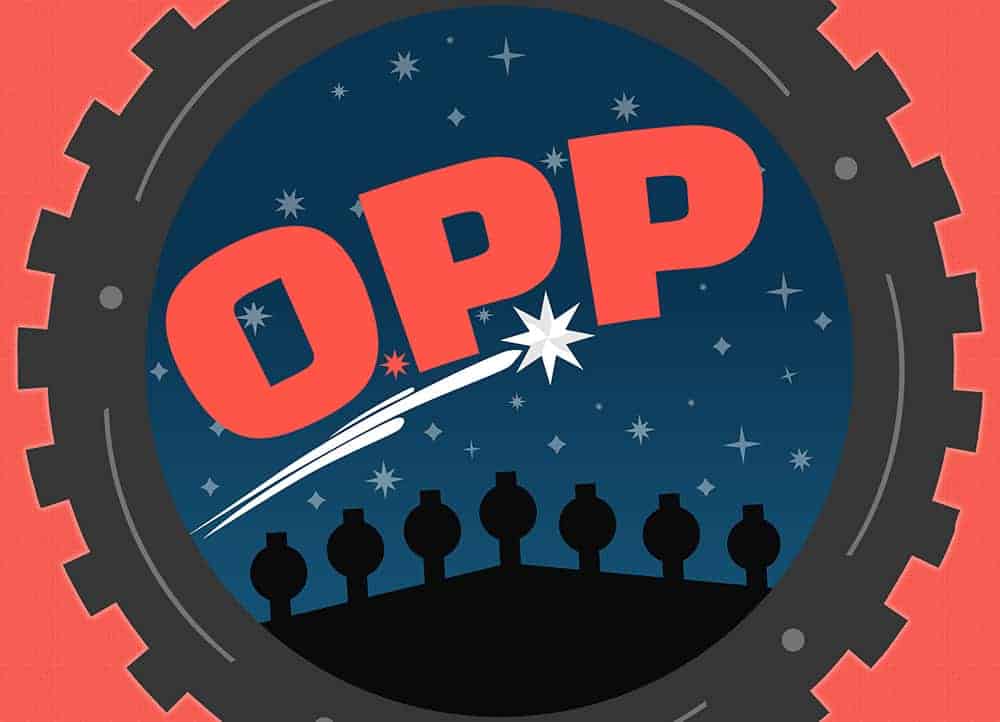Last week, Blake Snell introduced the greater baseball internet to one of the sport's most enjoyable insults with his live response to the Tommy Pham trade.
"We gave Pham up for Renfroe and a damn slapdick prospect?!" is what Snell said, and the 10th word is what commanded everybody's attention. It's such a satisfying word on multiple levels. "Slapdick" is not safe for print, but it's too silly to be truly vulgar. It makes no sense when assessing it by the etymology, but the context makes the meaning clear. Both syllables have punch, and they survive/are enhanced by any regional accent. It's a winner, and it's great to see Snell doing his part to uphold the oral tradition, even if he had to apologize to his new organizationmate afterward.
Anyway, I thought about the surprise and delight to Snell's "slapdick" bon mot when assessing the same baseball internet's general displeasure to Hawk Harrelson winning the Ford C. Frick Award.
Not all the grumbling was Hawk-inspired. A great baseball broadcaster connects with his or her audience, and since only one of eight Frick Award candidates can win the award, most fans are going to come away unhappy about what happened to their guy. If Cubs fans wanted to see Pat Hughes receive the honor, I can't blame them. The same with Cleveland fans and Tom Hamilton. Harrelson was jilted in 2007, 2014 and 2017, and from what I know of their work, I wouldn't have picked Denny Matthews, Eric Nadel or Bill King over him. But they have their own connections, and so you have to respect that and hope for another turn. Baseball is a regional game at heart.
But yeah, a lot of people were unhappy specifically that Harrelson won. I won't do the embed-tweets-from-random-accounts roundup, but you can cruise the comments of James Fegan's reaction to take the temperature of the national baseball audience. It's safe to say fellow Frick finalist Dewayne Staats wouldn't have inspired such a backlash if he received the honor.
I've written plenty about Harrelson over the years, and I can just reprint what I wrote in my late, great Athletic column after his final broadcast since my opinion hasn't changed:
Nowadays, I understand that Harrelson was the relic of a pre-Internet era, and not just for his disdain of analytics. He was a one-team, non-stone pony who lasted well into the age of MLB TV, and those who didn’t follow the Sox struggled to digest his style. He didn’t work for them because he didn’t work for them. Harrelson only had Sox fans like himself in mind, and even if some of his listeners preferred other voices, they could at the very least relate to the emotions expressed.
Growing up, though, I didn’t know anything else besides Harry Caray, who was a brand unto himself with the Cubs. They set the default in my brain for local broadcasts. Didn’t every team have their own Hawk or Harry? It turns out I was mistaken, but not sorry. Hawk was a lot of fun if he was on your side. Their loss.
Harrelson isn't a neat fit for the Frick Award's description as a recognition of "excellence in baseball broadcasting," at least in the classical sense. He wasn't excellent at relaying the details of a game to an audience that wasn't watching. He was excellent at letting White Sox fans know how much they should be enjoying a game at a given time. That's not textbook "excellence," but his choice to turn White Sox baseball into a more refined version of a Texas high school football broadcast worked, and baseball is richer for it.
Now let's get back to "slapdick."
While there's been plenty of Hawkcentric media published over the decade, his willingness to make a caricature of himself makes him difficult to assess. An autobiography and two documentaries added up to three hagiographies, because they're all short on introspection and deep personal connections. His version of speaking from the heart during his Hawk Day speech resulted in an off-the-cuff one-sided book report on the Jerry Reinsdorf era of White Sox baseball, which makes me hope that he writes down what he wants to say about the Frick Award.
It's frustrating, because it's a superficial treatment to a style that gets written off as shtick. The strongest argument behind Harrelson as an award-winning broadcaster is that White Sox fans often slip into Hawkisms while discussing baseball, and without effort or thought.
That's a really big deal! In his own strange way, he upheld and cultivated a language tradition. "Can of corn" and "ducksnort" make no intuitive sense, but we know what they are, just like we know a "hangwiffem" is the opposite of a "Doc Edwards shot." He adopted some and created others, but they're all in the White Sox lingua franca just the same.
Now when it comes to "slapdick," I've never heard Harrelson use that specific word. But it wouldn't surprise me if he did, because Harrelson routinely brought baseball's middle-school instincts to the broadcast booth. I hadn't heard the phrase "crip(ple) hitter" before Hawk said it, although he eventually phased it out. Nobody talked about sphincters more than Harrelson ("lemonbooty" is the 21st-century version of "greased tee/pliers"), who also changed the way I look at paperclips. He praised a guy's "stones," until he laughed when things happened to them.
To grow up listening to Hawk Harrelson is to learn how to refer to genitals and anuses to a general audience.
This probably sounds like a terrible defense of Harrelson, but 1) I wrote that sentence in case the White Sox want to blurb it for promotional materials, and 2) baseball language is one of the best things it has going for it. It's colorful and crude, elegant and vulgar, lyrical and nonsensical and pleasing to the ear. It's so strange that it allows Vin Scully and Hawk Harrelson to hold the same job, and to receive the same great honor.
Fans who never heard "slapdick" before Snell casually dropped it on his Twitch stream are now trying to make it stick in their lexicons. Harrelson's broadcasts provided the same education over decades, and although the standardization of White Sox broadcasts will reduce that color, White Sox fans are well positioned to pass down this spoken tradition.





